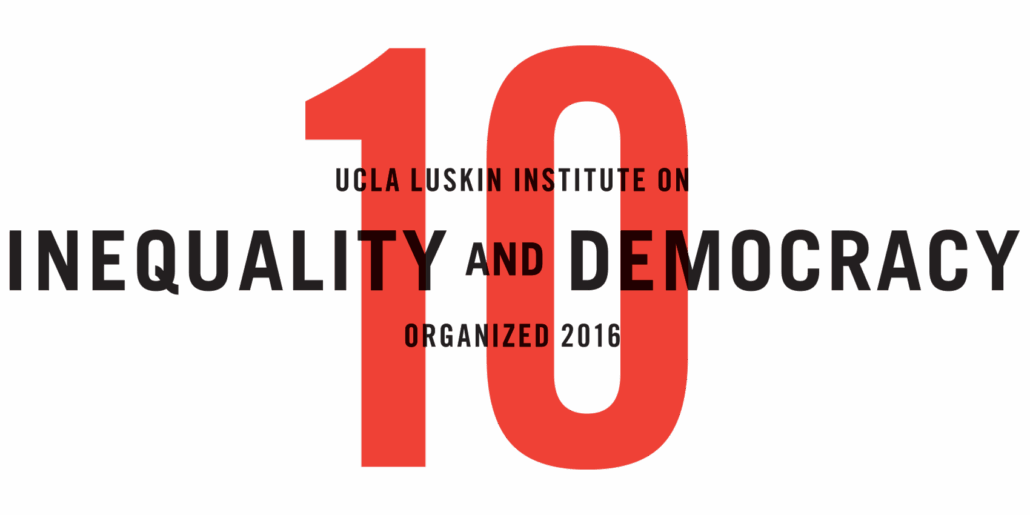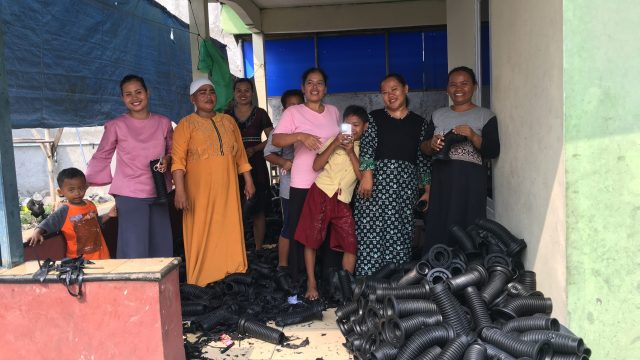Women securing livelihoods through informal piecework at Jakarta’s urbanization frontier. Image credit: Helga Leitner
Land, Livelihoods and Displacement in Indonesia
Helga M. Leitner and Eric S. Sheppard, Geography, UCLA
This research project convened a panel of Indonesian and U.S. activists for the concluding event of the “Land, Livelihoods and Displacement” conference organized at UCLA in October 2016, which promises to open up an innovative research agenda on land transformation, evictions and livelihoods extending across urban and rural areas. Activists examined the role of pro-poor activism in mitigating eviction and displacement. Then, led a field trip to examine evictions and displacement in L.A., for all conference participants.
The original motivation for this workshop is the explosion of land transformations in recent years, across rural and urban Asia. In urban areas, spectacular top-end real estate developments and infrastructure projects are displacing the low-income urban majority who reside in informal settlements, which are also key spaces for pursuing the informal livelihood strategies they often depend on. In rural areas, peasant agriculture is being displaced by special economic zones, peri-urban real estate and infrastructure developments, and plantations set aside for cash crops—in particular what have become known as ‘land grabs’: inter-state agreements to set land aside in one country for export-oriented food and green energy production to the other country. In both contexts, these changes are triggering displacement of current residents, challenging their livelihood possibilities. The large-scale nature of these transformations, as well as the protests they have triggered across Asia, have made questions of land, livelihoods and displacement a priority for both academic research, development policy and activism. Indonesia, Asia’s third largest country, has become something of a cause célèbre for these issues, because of the dramatic nature of transformations in contexts ranging from rural Kalimantan’s palm oil plantations to downtown Jakarta. In Jakarta, the recent past has seen an escalation of evictions under the current governor: tens of thousands of residents from in formal settlements had to watch the police and military, bulldozers, heavy machinery, and construction crews forcefully remove the homes that they had built with sweat equity.
Since the conference, the project on “Land, Livelihoods and Displacement” has continued through a comparative funded research project in Jakarta and Bangalore. Professor Leitner and Professor Sheppard are collaborating with colleagues from Tarumanagara University, Jakarta, the University of Minnesota, and the National Institute for Advanced Studies in Bangalore. First findings of the research in Jakarta have been published in the journals Environment and Planning A and in Urban Studies. In Jakarta, Professor Leitner and Professor Sheppard have presented the findings of the research to activists in two seminars at RUJAK, an urban activist act-think tank, and to policymakers at a workshop at Tarumanagara University, as well as academic conferences in the U.S. This research project is ongoing, with a completion date of summer 2020.
Read >> Jakarta’s Great Land Transformation: Hybrid Neoliberalisation and Informality (Published April 18, 2018)
Read >> From Kampungs to Condos? Contested Accumulations through Displacement in Jakarta (Published May 16, 2017)




